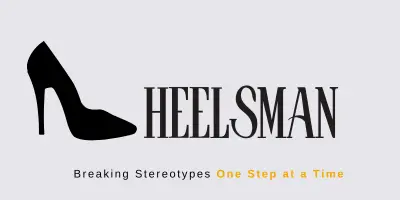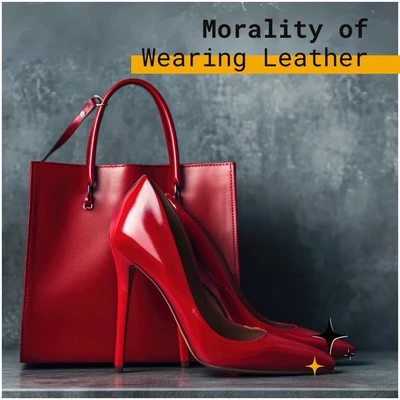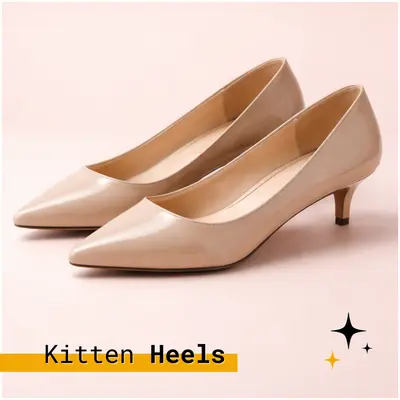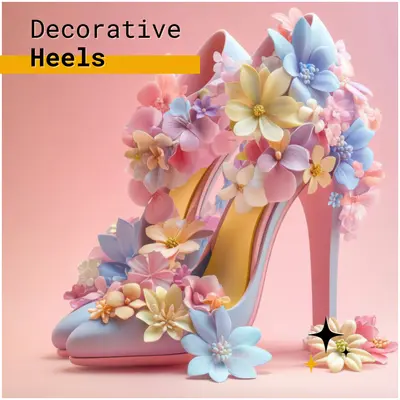Fashion often intersects with ethics, especially when it comes to leather. As someone who rocks leather heels unapologetically, I’ve reflected deeply on the morality of wearing leather. It’s a question that invites debate, especially in our environmentally conscious times.
Leather is undeniably luxurious, durable, and timeless. But these qualities come with ethical concerns. From sourcing practices to environmental impact, wearing leather isn’t just a style choice – it’s a statement. So, is leather a moral option in modern fashion?
Understanding Ethical Leather
What is ethical leather, and does it exist? These are key questions in this debate. Ethical leather typically refers to leather sourced with minimal harm to animals and the environment. It’s produced using sustainable methods, avoiding toxic chemicals like chromium.
Many brands now offer ethical leather shoes, jackets, and wallets. They promise transparency in their sourcing and manufacturing processes. Still, it’s important to consider whether these efforts sufficiently address the larger moral dilemmas surrounding leather.
For me, the concept of ethical leather aligns with seeking balance. Supporting brands that prioritize sustainability and fair labor practices helps reduce guilt over wearing this timeless material.

Is Wearing Leather Ethical?
This question challenges our values. Leather production often involves animal harm and high environmental costs. However, leather alternatives aren’t always better.
Many faux-leather products are petroleum-based, contributing to pollution.
Choosing ethically sourced leather boots or shoes over cheap, synthetic options can be a more responsible decision. The longevity of leather reduces waste, which may justify its use when compared to disposable alternatives.
Sustainable Leather
Sustainable leather sounds like an oxymoron, but progress has been made. Leather producers are adopting practices that reduce water use and lower carbon emissions. Additionally, vegetable-tanned leather avoids harmful chemicals.
For example, my ethical leather jacket comes from a brand committed to sustainability. They use leftover hides from the meat industry, giving materials a second life rather than creating new demand.
If sustainability matters, research is key. Look for certifications like the Leather Working Group (LWG) that indicate ethical and sustainable practices.

How to Balance Style and Ethics
As someone who treasures both fashion and principles, finding the middle ground is essential. I love a good pair of nude leather heels – timeless, versatile, effortlessly chic. But looking good shouldn’t come at the expense of my values. That’s why I make sure my shoes come from brands that prioritize ethical sourcing, fair labor practices, and sustainable production. The fashion industry is full of beautiful things, but there’s nothing stylish about exploitation. If I’m going to strut confidently, I want to know that my heels aren’t leaving a footprint of harm behind.
One of my favorite ways to balance style and ethics? Shopping second-hand.
A well-crafted leather wallet or a stunning pair of pre-loved designer heels doesn’t just add character to an outfit – it extends the life of a quality item, keeping it out of landfills and reducing demand for new production. Thrift stores, online resale platforms, and vintage boutiques are absolute goldmines for unique finds with a story. Plus, there’s a certain thrill in scoring a rare pair of shoes at a fraction of the price. Sustainable, stylish, and a great excuse to expand my ever-growing collection? Sounds like a win-win to me.
Navigating the Morality of Wearing Leather
The morality of wearing leather is anything but black and white. It’s not just about rejecting or embracing it outright – it’s about making informed, conscious choices. Ethical consumption is rarely perfect, but small, mindful steps can lead to meaningful change. Choosing leather that’s responsibly sourced, produced under fair conditions, or even opting for high-quality second-hand pieces can make a difference. In a world where fashion often prioritizes speed over sustainability, taking the time to consider where our clothing comes from is already a step in the right direction.
For me, every purchase is intentional. Whether it’s a pair of sleek leather heels or a timeless wallet, I weigh quality, longevity, and ethics before adding it to my collection. Fast fashion may tempt with fleeting trends, but well-crafted leather pieces stand the test of time – both in durability and style.
By doing so, I ensure my style doesn’t compromise my values.

Conscious Wearing Leather
Wearing leather is more than a fashion choice – it’s a reflection of values, priorities, and the balance between style and responsibility. The key isn’t just in wearing leather but in how we choose to do it. Ethically sourced leather shoes, sustainably produced jackets, or well-crafted second-hand wallets allow us to embrace this material without turning a blind eye to its impact. In an industry where fast fashion thrives on disposability, investing in quality, long-lasting leather pieces can be a step toward more mindful consumption.
Personal effort may not change the entire industry overnight, but every conscious choice adds up.
Of course, the debates about leather’s morality won’t be settled overnight. But fashion isn’t just about what we wear – it’s about the conversations we start. By choosing ethically made or pre-loved leather, we challenge the norm of wastefulness and excessive production. And if I can look sharp in a pair of killer leather boots while making a small difference? Even better.
Today's Heelsman Topics – feel free to comment!
FAQs
Is real leather better than faux?
Depends – real lasts longer, faux is cruelty-free.
Are vegan leather heels durable?
Quality has improved a lot in recent years.
Can I find sustainable leather heels?
Yes, many brands now offer ethical options.
Do leather heels require special care?
A little love (conditioning) goes a long way.
Is secondhand leather a good choice?
Absolutely – fashion with a smaller footprint.
The debate over leather in fashion is ongoing. Whether you choose genuine leather, vegan alternatives, or sustainable options, being informed about your footwear choices is key. Style and ethics can go hand in hand with the right knowledge.





